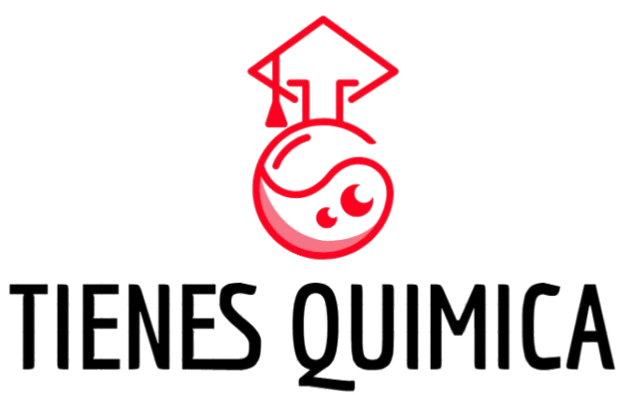
Effective search engine optimization (SEO) is crucial for ensuring that your website ranks prominently in search engine results pages (SERPs). Conducting Seo best practices for audits allows you to analyze and optimize website content to improve search engine rankings. This guide outlines the best practices for conducting SEO audits and optimizing website content for better visibility.
- Keyword Research:
Identify Relevant Keywords: Conduct thorough keyword research to identify terms and phrases relevant to your website’s content and target audience.
Use Tools: Utilize keyword research tools such as Google Keyword Planner, SEMrush, or Ahrefs to discover high-volume and low-competition keywords.
- On-Page Optimization:
Title Tags and Meta Descriptions: Ensure that each page has unique and descriptive title tags and meta descriptions that include targeted keywords.
Header Tags: Use header tags (H1, H2, H3, etc.) to structure content hierarchically and include relevant keywords in headings.
Optimized Content: Create high-quality, relevant, and engaging content that incorporates targeted keywords naturally.
- Technical SEO Analysis:
Site Structure: Evaluate the website’s structure, ensuring it is logical and easy to navigate for both users and search engines.
Page Speed: Improve website loading speed by optimizing images, leveraging browser caching, and minimizing unnecessary scripts.
Mobile-Friendliness: Ensure that the website is mobile-responsive to provide a seamless user experience across devices.
- Backlink Analysis:
Backlink Profile: Analyze the website’s backlink profile to identify quality inbound links from authoritative and relevant websites.
Link Building: Develop a strategy for acquiring high-quality backlinks through outreach, guest blogging, and partnerships to improve domain authority.
- Content Quality and Relevance:
Content Audit: Conduct a comprehensive audit of existing content to identify areas for improvement, such as outdated or thin content.
Content Optimization: Optimize existing content by updating information, adding multimedia elements, and incorporating relevant keywords.
- Local SEO Optimization:
Google My Business: Claim and optimize the Google My Business listing to improve local search visibility, ensuring accurate business information, and encouraging customer reviews.
Local Citations: Build consistent local citations on directories and review platforms to enhance local SEO authority.
- Performance Tracking and Monitoring:
Analytics Setup: Implement Google Analytics and Google Search Console to track website performance, monitor keyword rankings, and identify areas for improvement.
Regular Monitoring: Continuously monitor website metrics and performance to identify trends, opportunities, and potential issues.
Conclusion:
By following Seo best practices for conducting audits and optimizing website content, you can improve search engine rankings, increase organic traffic, and enhance the overall visibility and performance of your website in SERPs. Regularly reviewing and optimizing your SEO strategy ensures that your website remains competitive and relevant in today’s digital landscape.








